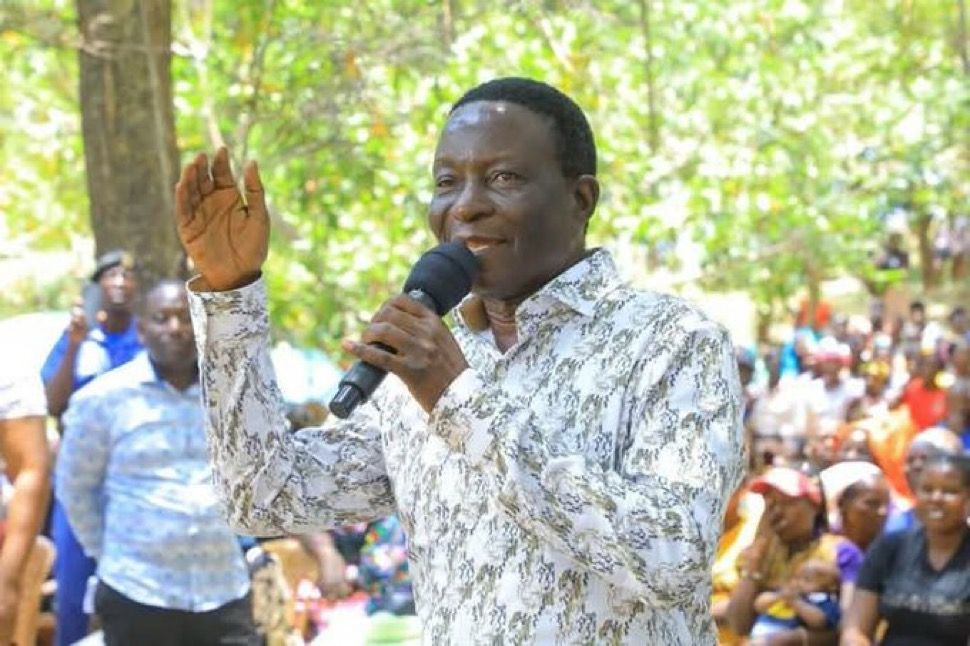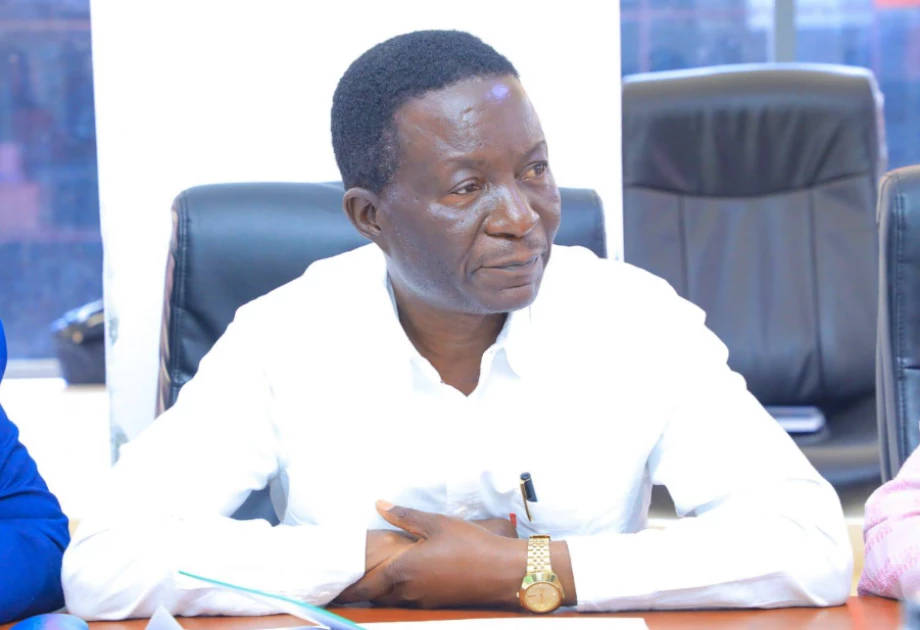The Human Rights Writers Association of Nigeria (HURIWA) has faulted the Federal Government’s plan to allocate $30 million to states under the Rural Access and Agricultural Marketing Project (RAAMP) scale-up initiative.
The group described the move as flawed, citing pervasive corruption as a significant obstacle to the programme’s success.
Reacting to the announcement made by the Minister of State for Agriculture and Food Security, Aliyu Abdullahi, HURIWA argued that allocating funds directly to state governments would yield minimal results in tackling food insecurity.
The organisation, in a statement by its national coordinator, Emmanuel Onwubiko, highlighted the failure of past interventions channelled through state administrations, often marred by mismanagement and corruption.
The approach, he said, is not a viable way of resuscitating Nigeria’s dormant agro-allied industry.
Onwubiko claimed: “Governors have repeatedly proven to be some of the most corrupt officials in the country. Despite numerous interventions and cash advances provided to states, poverty and food insecurity remain rampant.”
The group proposed a radical restructuring of the disbursement process.
Instead of channelling funds through state governments, HURIWA urged the Federal Government to engage directly with credible private sector players and large-scale mechanised farmers.
According to the organisation, this can be effectively managed through established institutions such as the Bank of Agriculture and the Central Bank of Nigeria (CBN).
“We advocate the establishment of a revolving loan scheme managed by the Bank of Agriculture and CBN.
“This scheme should target credible, heavy-mechanised farmers across the federation, ensuring that funds reach genuine agricultural stakeholders who can drive meaningful change,” it added.
HURIWA emphasised that revolving loan schemes will promote accountability, as funds would be disbursed with clear terms for repayment and reinvestment to ensure the sustainability of agricultural financing, and reduce the likelihood of diversion.
It highlighted the growing threat posed by terrorists and bandits, who have rendered many agricultural zones unsafe, displacing farmers and discouraging agricultural activities.
“Without securing our farmlands, any investment in agriculture is bound to fail. The government must prioritise the establishment of well-armed, well-trained, and highly motivated forest rangers.
“Additionally, we need state police forces with centralised, independent command structures to prevent abuses by state governors,” HURIWA stated.











